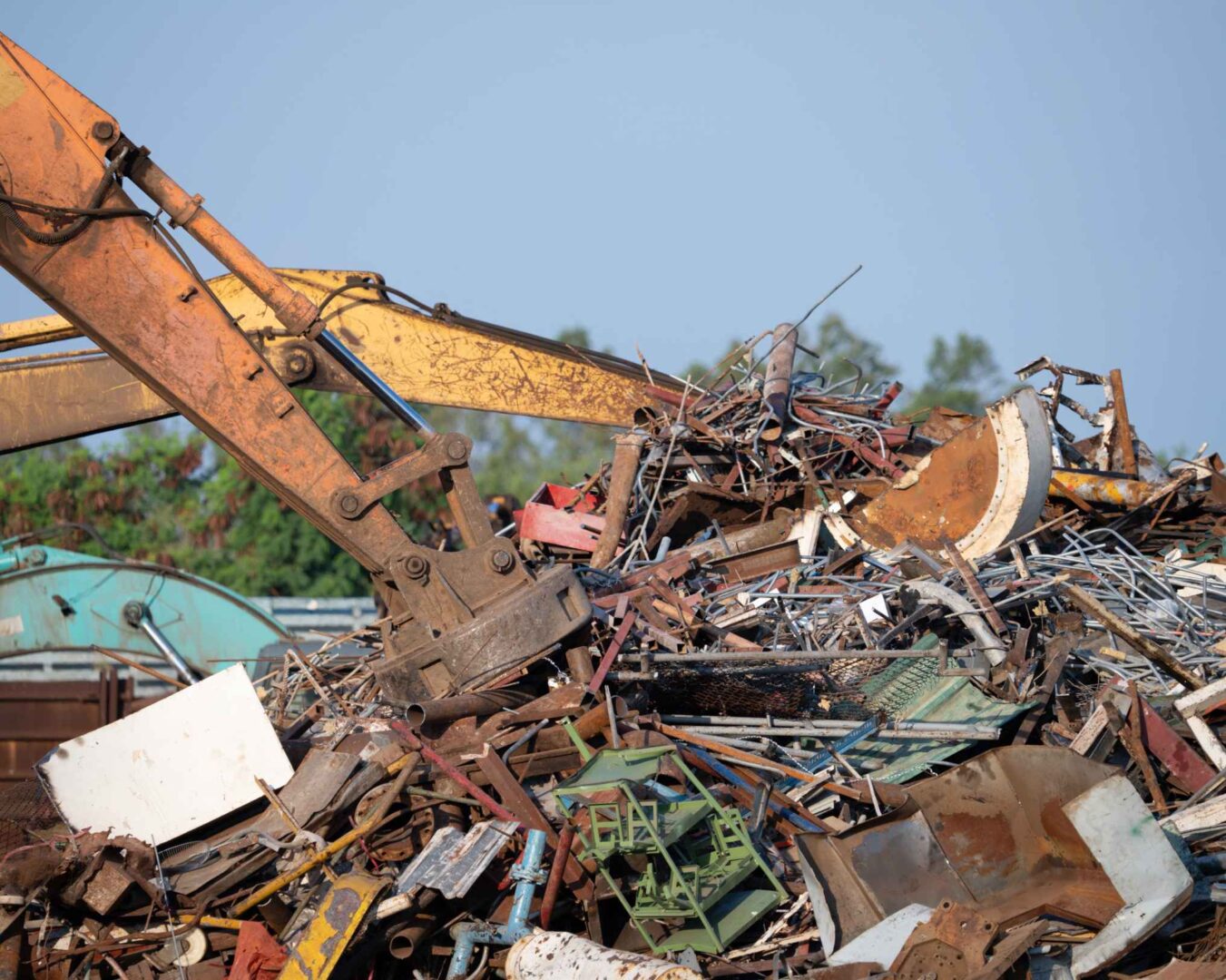Table of Contents
Benefits of Waste Management for Small Businesses
Waste management is a critical process that involves the systematic collection, transportation, and disposal or recycling of materials. The primary goal of this process is to curb the adverse effects on health and the environment. As such, it includes a variety of services:
- Routine collection and reduction of garbage from premises.
- Treatment and disposal in a way that minimizes harm to the environment.
- Initiating and managing recycling programs to convert waste into reusable materials.
- Monitoring and regulation of waste-related activities, ensuring compliance with local and national waste management regulations.
Why Waste Management for Businesses?
Many companies tend to overlook the importance of proper waste management, yet its benefits are multifold. Here’s why:
- Waste Reduction: It significantly reduces the amount of waste produced, leading to a cleaner and healthier environment. This contributes to sustainability and conservation efforts.
- Cost Reduction: Efficient management can lead to significant cost savings in disposal processes. It helps businesses allocate resources more effectively, driving profitability.
- Improved Reputation: Organizations that prioritize environmental responsibility often enjoy a better reputation among customers and stakeholders. This can enhance customer loyalty and brand image.
Liquidation – Making the Most Out of Waste
Liquidation is a key aspect that brings numerous benefits:
- It eliminates the need to physically store inventory, saving valuable space and resources. This, in turn, increases operational efficiency.
- It allows organizations to sell items they no longer need, reducing waste and potentially generating profit. It also offers opportunities to explore new revenue streams.
Waste to Energy – Powering the Future
The waste-to-energy process is a testament to the innovative strides:
- It involves creating biofuel from waste feedstock streams. This not only reduces waste but also generates a renewable source of energy.
- It provides a solution for hard-to-recycle items, reducing the amount of waste that goes to the landfill. This contributes to a cleaner, healthier environment.
Beneficial Reuse – Towards a Sustainable Business Model
Beneficial reuse offers a practical and economical approach:
- It can lead to significant cost savings through tax deductions. This supports financial stability.
- It fosters social responsibility and helps build stronger community relationships. This can enhance social standing and foster beneficial partnerships.
- It can lead to a reduction in the use of raw materials, enabling sustainable practices. This promotes long-term growth and stability.
What We Take
We provide comprehensive services for a wide range of items:
- Clothing, wipes, household items, office supplies, electronics
- Hand sanitizer, shampoo, conditioner, kitchen utensils, paint, batteries
- Shoes, lotions, glassware, books, furniture, perfumes, towels, dishes
- Cleaning materials, tools, blankets, pillows, food, light bulbs, and more
We are committed to managing and disposing of these items in a responsible, environmentally-friendly manner.
The Environmental Impact of Proper Waste Management
Proper waste management has a far-reaching impact on the environment:
- It significantly reduces the volume of waste that ends up in landfills. This helps conserve land and reduce pollution.
- It minimizes the release of harmful gases and chemicals that can contribute to climate change and harm ecosystems.
- It reduces the demand for raw materials, conserving natural resources and promoting sustainability.
Why Choose Our Services?
Our services offer the perfect solution in a way that:
- We streamline operations, reducing the burden. This allows them to focus on their core operations.
- We minimize the environmental footprint of firms. This supports their sustainability goals and contributes to global conservation efforts.
- We enhance the reputation of organizations as environmentally responsible entities. This can lead to better relationships with customers, stakeholders, and the community at large.
Going Beyond the Obvious Benefits
While waste management is primarily known for its environmental benefits, it also holds significant potential for development:
- Innovation and Opportunities: For instance, many organizations have developed new products or improved processes by creatively reusing waste material. This not only contributes to reduction but also can lead to the creation of unique, eco-friendly products that meet consumer demands.
- Regulatory Compliance: Adhering to management regulations not only helps avoid potential fines and sanctions but also ensures your business operations are conducted in a socially responsible manner. This can significantly contribute to your organization’s reputation.
- Employee Engagement: Implementing effective waste management practices can also have a positive impact on your employees. It can foster a sense of pride and engagement among employees who see that their company is committed to sustainability and environmental responsibility.
Closing Thoughts
The importance of waste management in today’s business scenario cannot be overstated. It’s not just about complying with laws or avoiding penalties. It’s about recognizing that every business, big or small, plays a crucial role in shaping our environment.
By choosing to implement proper management strategies, businesses can enjoy a multitude of benefits, from cost savings and enhanced reputation to contributing to a healthier planet. It’s a win-win situation that no business can afford to ignore.





